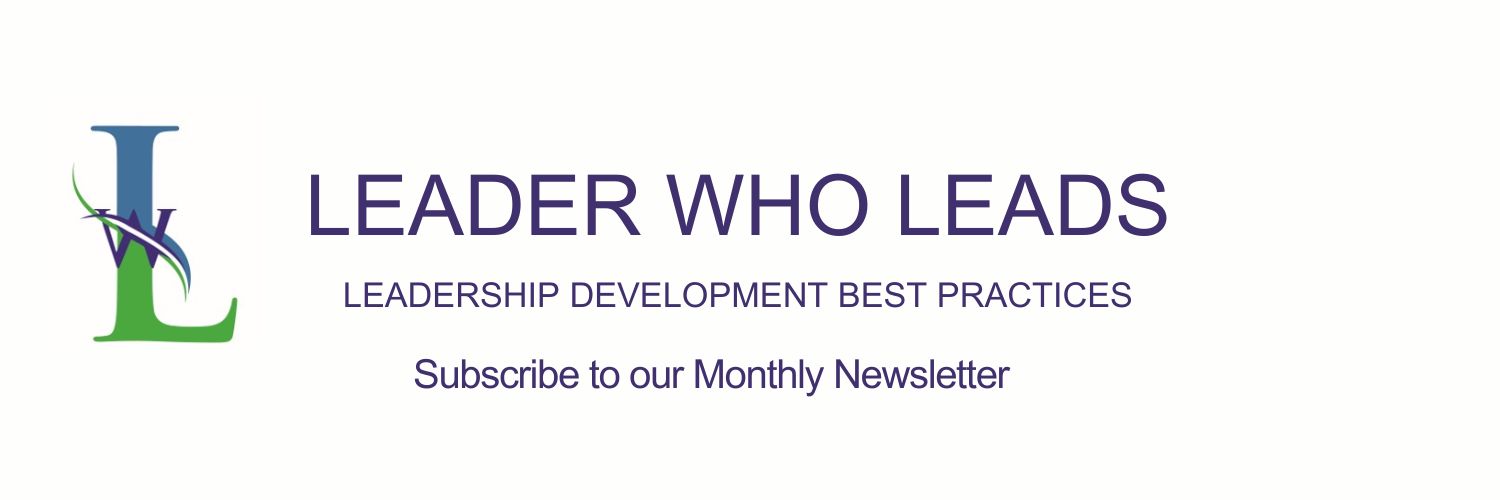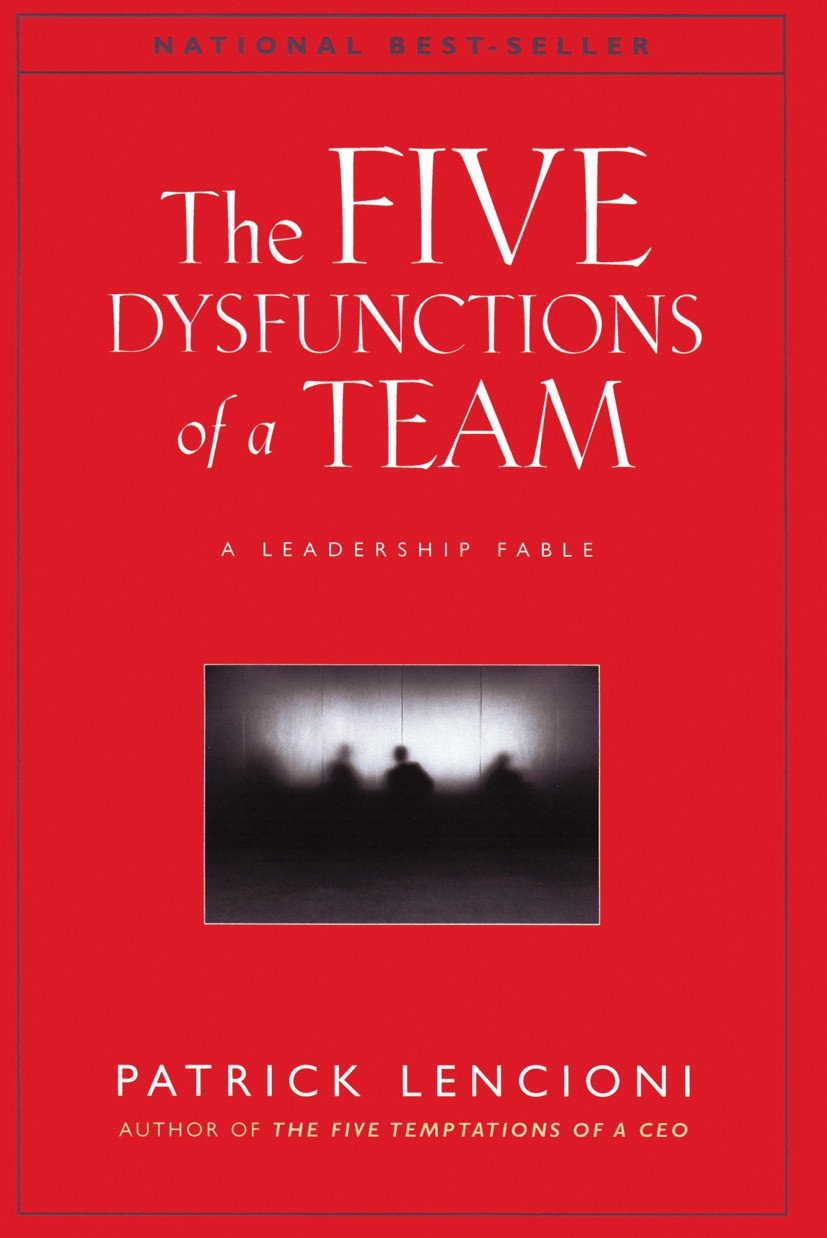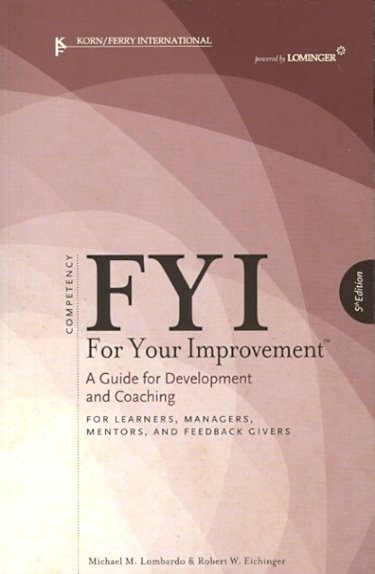Overcome Team Dysfunction
To overcome team dysfunction, Patrick Lencioni identifies five antidotes:
- Go First
- Mine For Conflict
- Force Clarity and Closure
- Confront Difficult Issues
- Focus On Collective Outcomes
In order to stop the harmful effects of dysfunction, these antidotes must be applied. The leader plays a key role in making this happen.
Overcome Team Dysfunction
Antidote #1: "Go First!"
The first dysfunction, lack of trust between members of a group, is due to fear: fear of being vulnerable.
To counteract this dysfunction, you must "Go First" by opening up yourself so fellow team members can get to know you: who are and what you stand for. It means taking a risk, sharing your thoughts and ideas, and inviting others to share a differing opinion and point of view.
Antidote #2: "Mine For Conflict"
Avoiding conflict often results in "artificial harmony." This is an illusion: the conflict exists but it is unresolved. And be sure of this, unresolved conflict will re-surface, stronger than before.
That is why Antidote #2 is to actually dig for and find conflict so it can be addressed and resolved.
This practice emphasizes the point that conflict can be addressed in a healthy manner, making the individual and the team stronger.
Someone has to Drop The Rock.
Antidote #3: "Force Clarity & Closure"
When group members are not willing to work hard to achieve a specific goal, it is due to lack of commitment.
To address this dysfunction, it is very important to clarify the type of support needed and the part each member can play.
The leader must engage in two-way communication to determine each member's desire to commit themselves (be "all in") to reach the intended goal.
Antidote #4: "Confront Difficult Issues"
When fear of conflict exists, it is easy to avoid holding each member accountable. But healthy teams hold each member accountable.
The leader is responsible for making sure that occurs. It requires "stepping up to the plate," dealing with difficult issues head on. It means devouring fear with courage.

Antidote #5: "Focus On Collective Outcomes"
Working well together requires each member to be "all in," know that what matters most is "We" not "Me."
Because it takes a team to achieve the intended goal, the individual must be the team's agenda - our goal.
This concept of "we" must be developed early in the process. It is how winning teams come to be. It is really true: "team work makes the dream work."
Want To Know More?
- Five Dysfunctions of a Team
- For more help to Overcome Team Dysfunction
- Go to Home
Improve Your Relationship with Your Boss
Are you looking to improve your relationship with your boss? If so, the Boss Relationship Worksheet will help you better understand and communicate more effectively with your immediate supervisor.
To download your copy, submit your information on the form below.
After completing the Boss Relationship Worksheet, you will find that the following will prove helpful in showing you how to cultivate a better working relationship with your boss:
 |
I published my first book I am beyond excited.
Get your copy of Called to Lead!

ORDER HERE

Leaders don't
create
followers.
Leaders
create
other
leaders.
- Tom Peters







